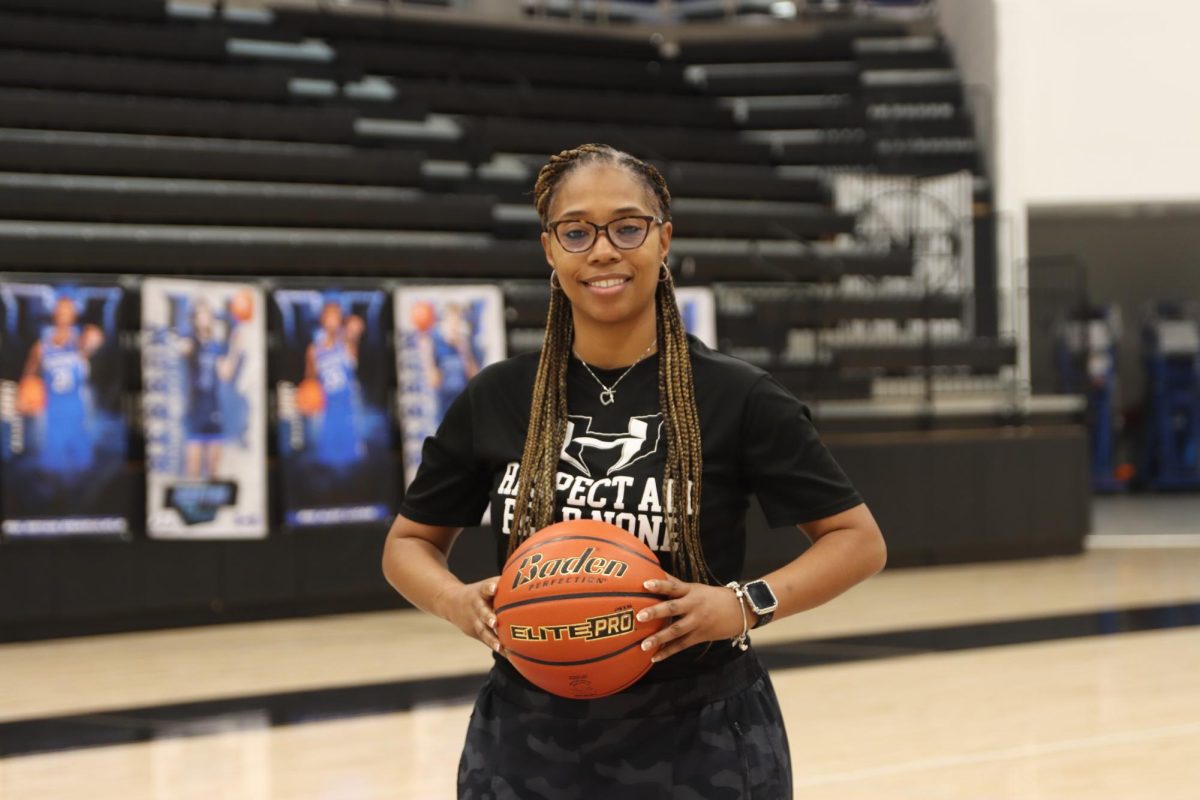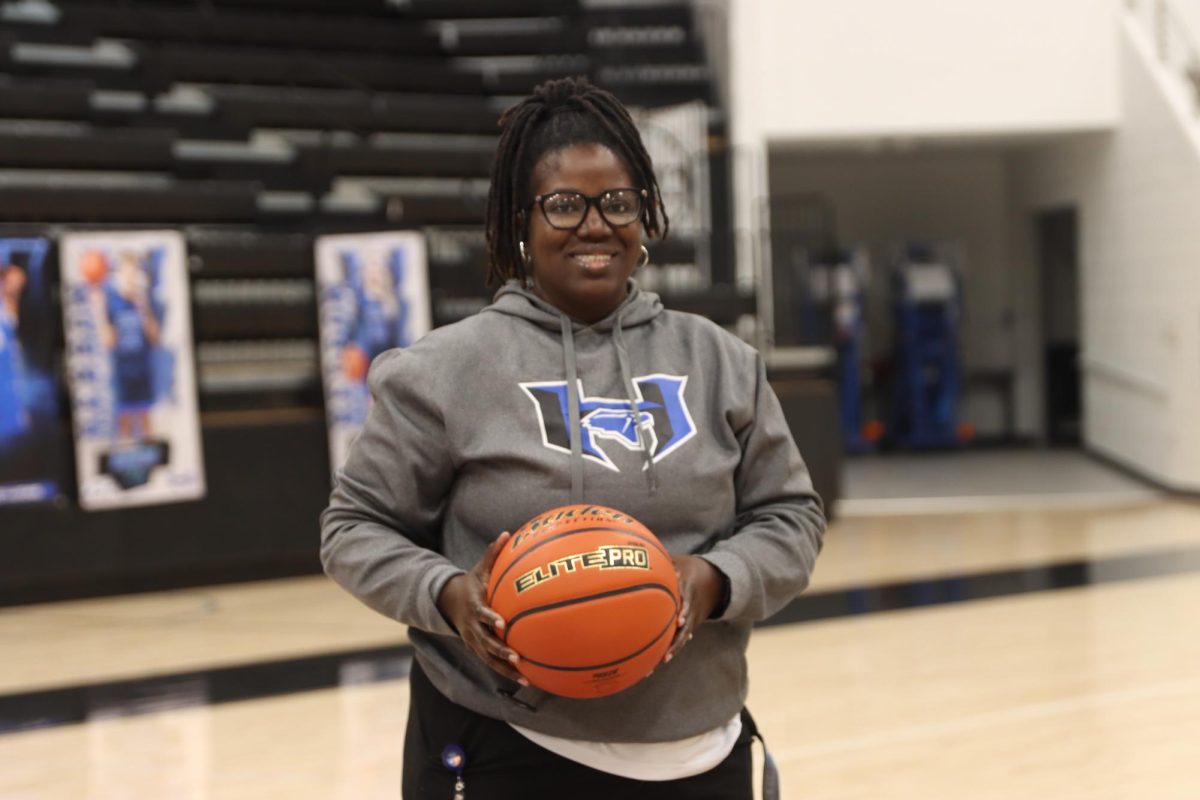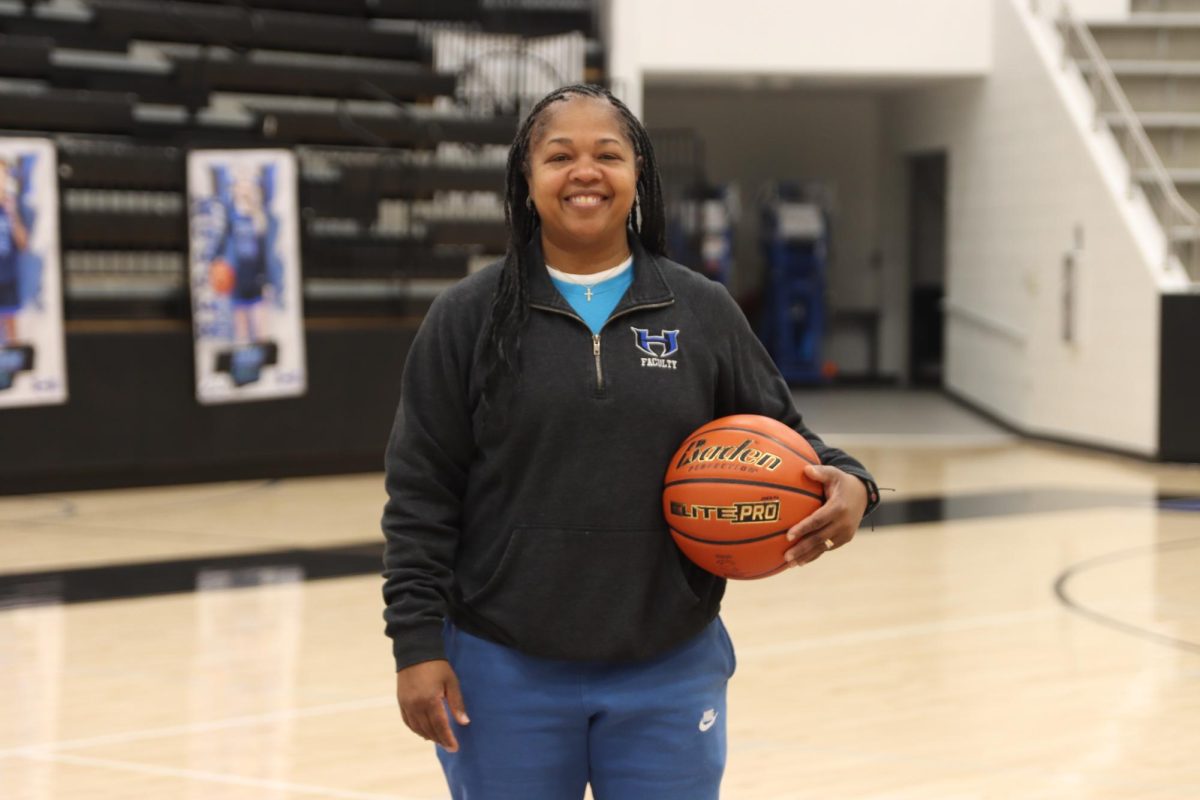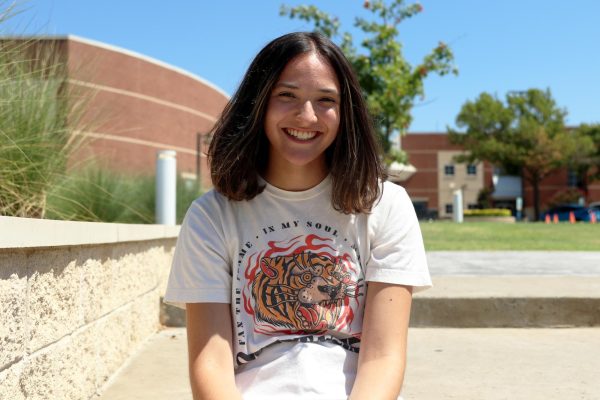“Haven’t you seen the TikToks?”
I was chatting with a few coworkers during a relatively slow hour, discussing different plans to vote now that some of us will be eligible. When my friend was explaining why he was voting for his preferred presidential nominee, that was what he asked.
I was baffled.
When having similar conversations with any other generation, there are different rationals: the economy, the poverty rate or our rights as citizens. It struck me then — just as it did to the handful of peers I was with — that none of us had those answers. Regardless of where we stood on the political spectrum, the majority of our opinions were coming from pop-culture references and short posts online.
While buying into pop-culture can help politicians reach younger voters, it is ineffective in the long run, as it rarely shares what is most vital: what the politician plans to do if elected.
Vice President Kamala Harris’ campaign has embraced trends, such as “brat summer,” “femininomenon” and the “coconut tree” memes. This marketing strategy has proven effective in gaining views, as the KamalaHarris TikTok account gained 5 million views in the first few months since she was announced as the democratic presidential nominee. Similarly, former president Donald Trump launched his own TikTok page earlier this year. While not buying into specific Gen-Z trends, the RealDonaldTrump account gained 9 million followers in the first two months through celebrity cameos and high-energy videos.
This form of marketing works when getting views, but the content in the videos is severely unenlightening on what the respective campaigns plan to do. Of the first six TikTok videos each presidential nominee posted, only one discussed policies. The rest were trends or defamation to the opposing party.
If a viewer does look deeper into the political world, it is easiest to stay on the app. In fact, the number of TikTok users who get their news from the app almost doubled from 22% in 2020 to 43% last year. While it is important to get young voters involved in politics, TikTok users are equally likely to get news from influencers and celebrities as they are from news outlets or journalists. Political campaigns should be sharing the candidate’s plans for office because it would reduce misinformation and educate all viewers — not just those who plan on digging deeper.
It is imperative that the presidential candidates push out information about their agenda, rather than following trends to get another thousand likes. Our presidential candidates may be viral “influencers,” but that does not mean they will be able to run a nation.









